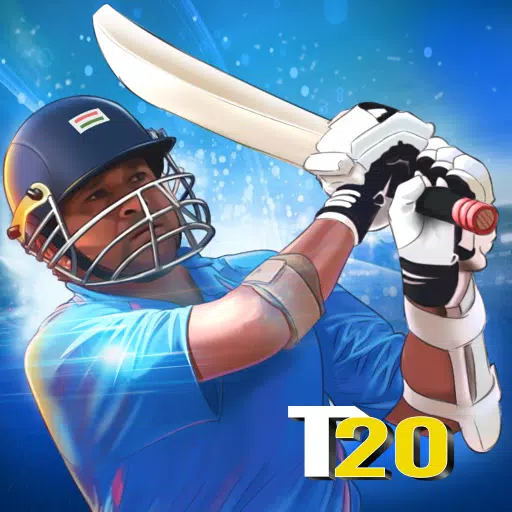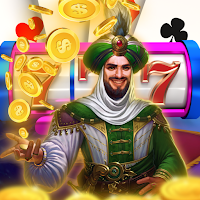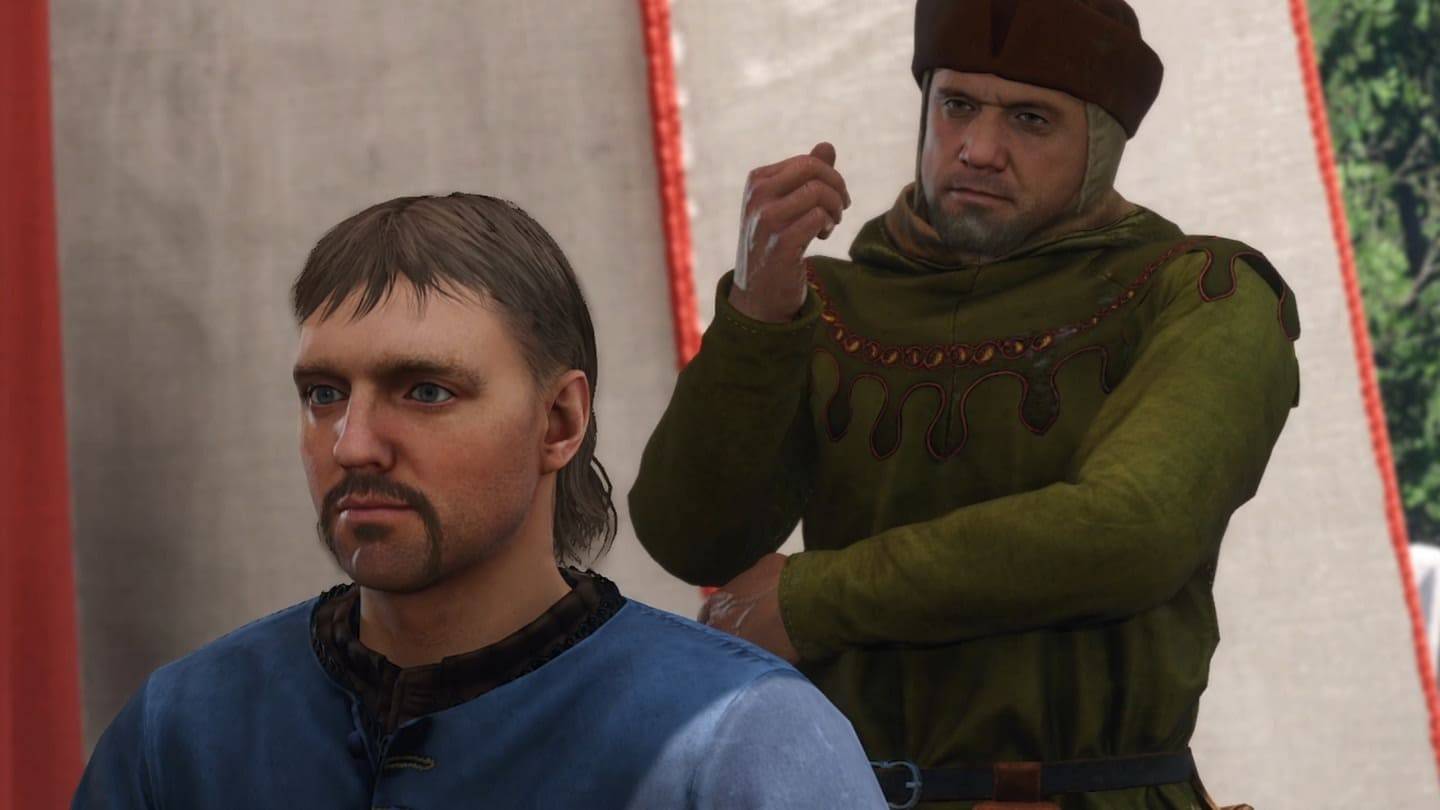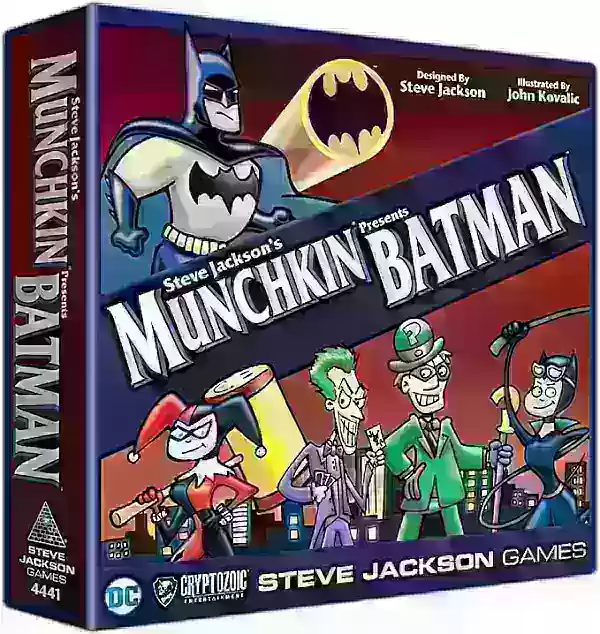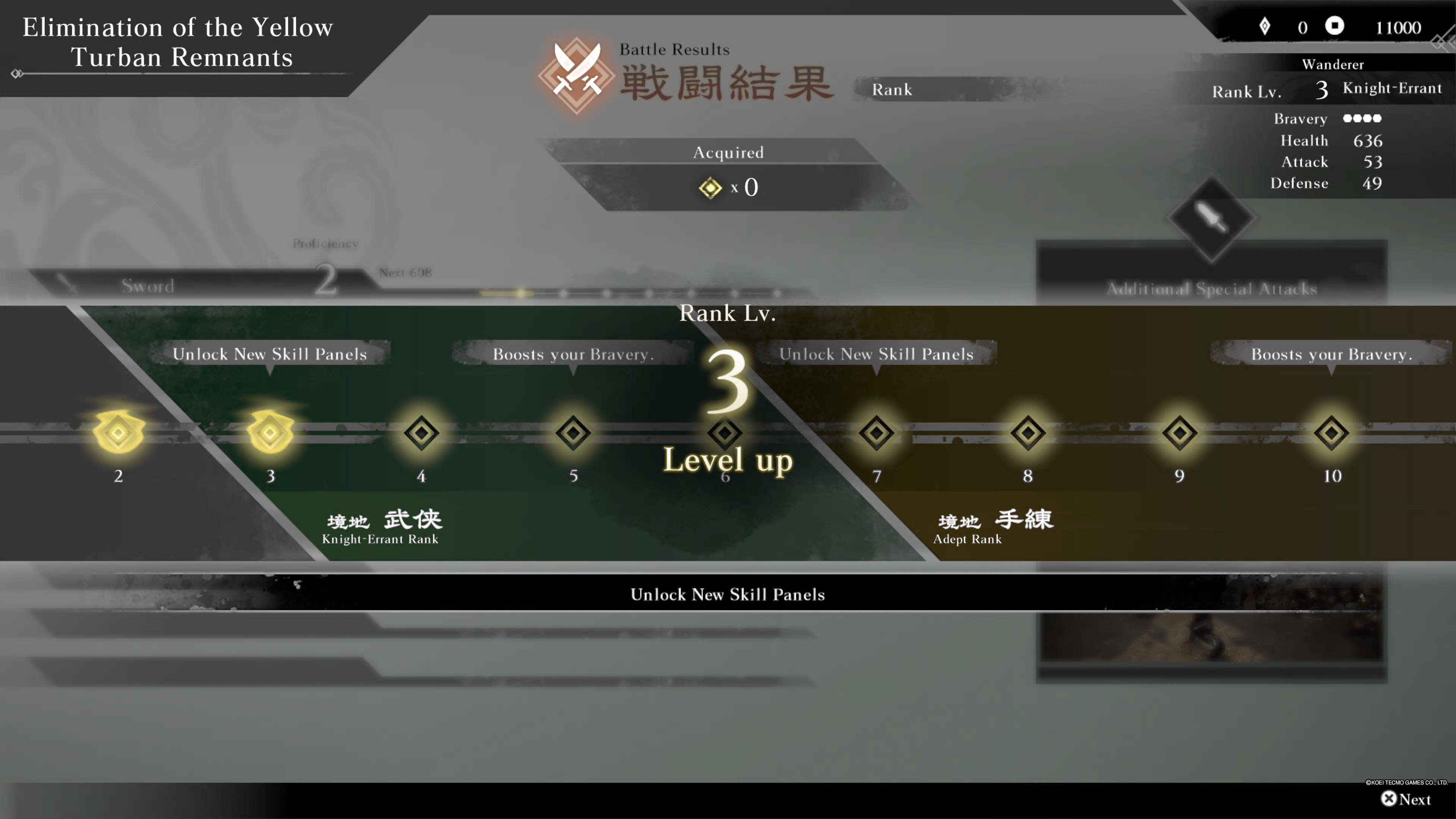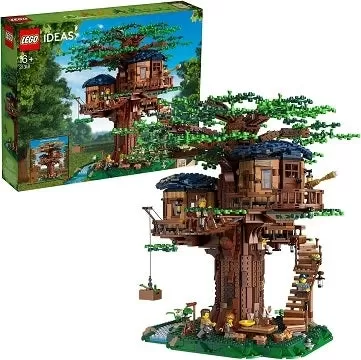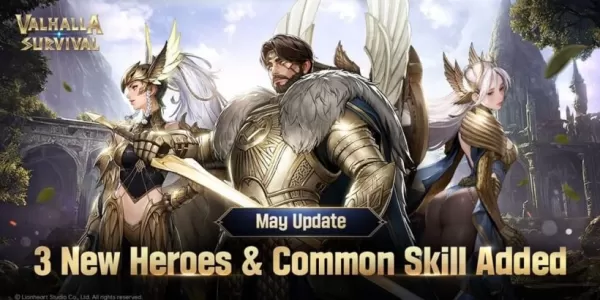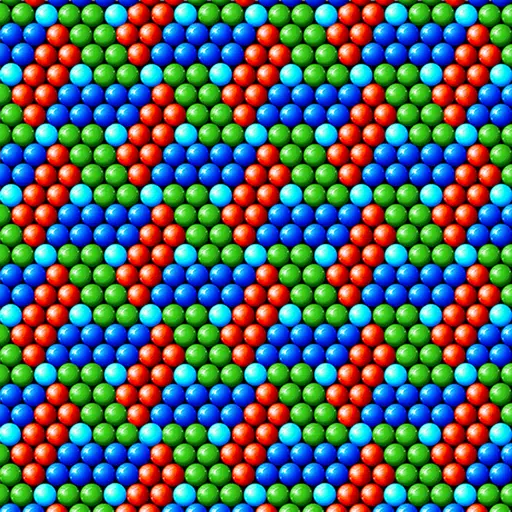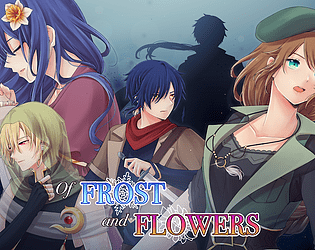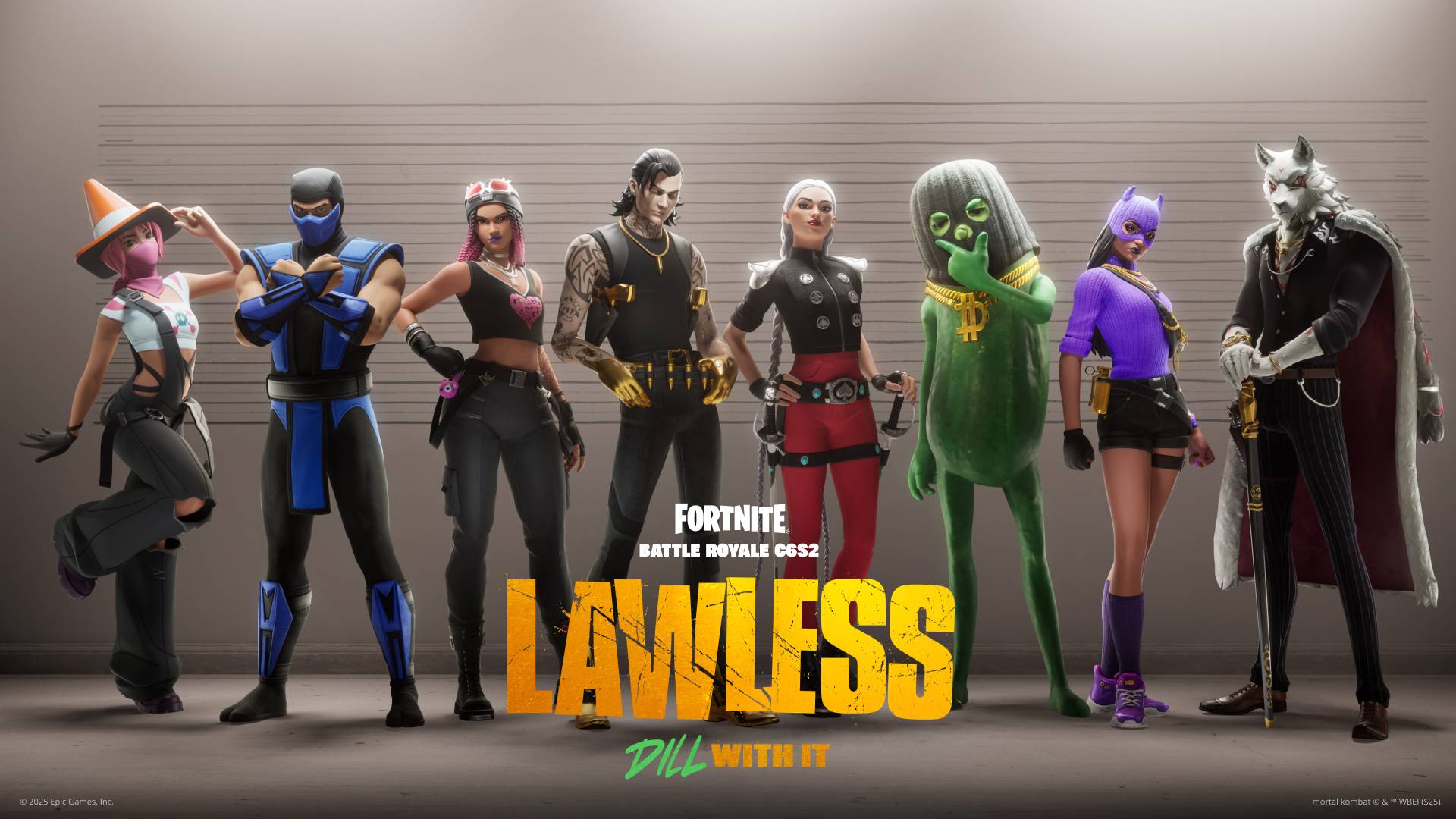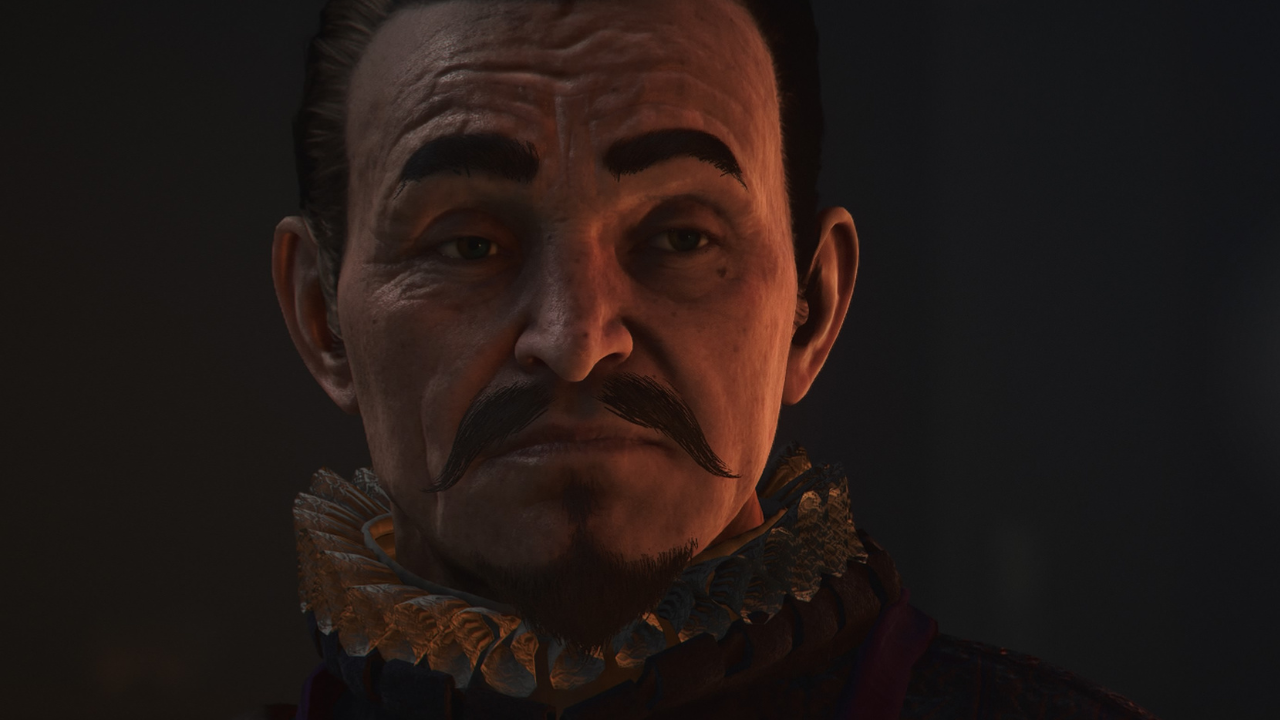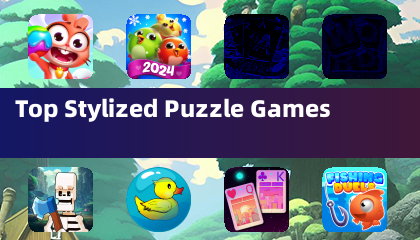Capcom Revives After RE6, Thrives with Monster Hunter Wilds
With *Monster Hunter Wilds* breaking Steam records and *Resident Evil* enjoying unprecedented popularity thanks to *Village* and a series of stellar remakes, it's easy to think Capcom is invincible. Yet, less than a decade ago, the company faced a dire situation following a series of commercial and critical flops, leaving it struggling to maintain its identity and audience.
Capcom was grappling with an identity crisis. The survival horror genre, pioneered by *Resident Evil*, had lost its edge post-*Resident Evil 4*. Meanwhile, *Street Fighter*, another flagship series, was struggling after the poorly received *Street Fighter 5*. It seemed as though Capcom's legacy could be on the brink of collapse.
However, amidst these challenges, a transformation occurred. A shift in Capcom's development approach, powered by a new game engine, revitalized its iconic series. This strategic pivot not only restored Capcom's reputation but also launched a period of unparalleled success, firmly re-establishing the company in the gaming industry's upper echelon.
Resident Evil Lost Its Way
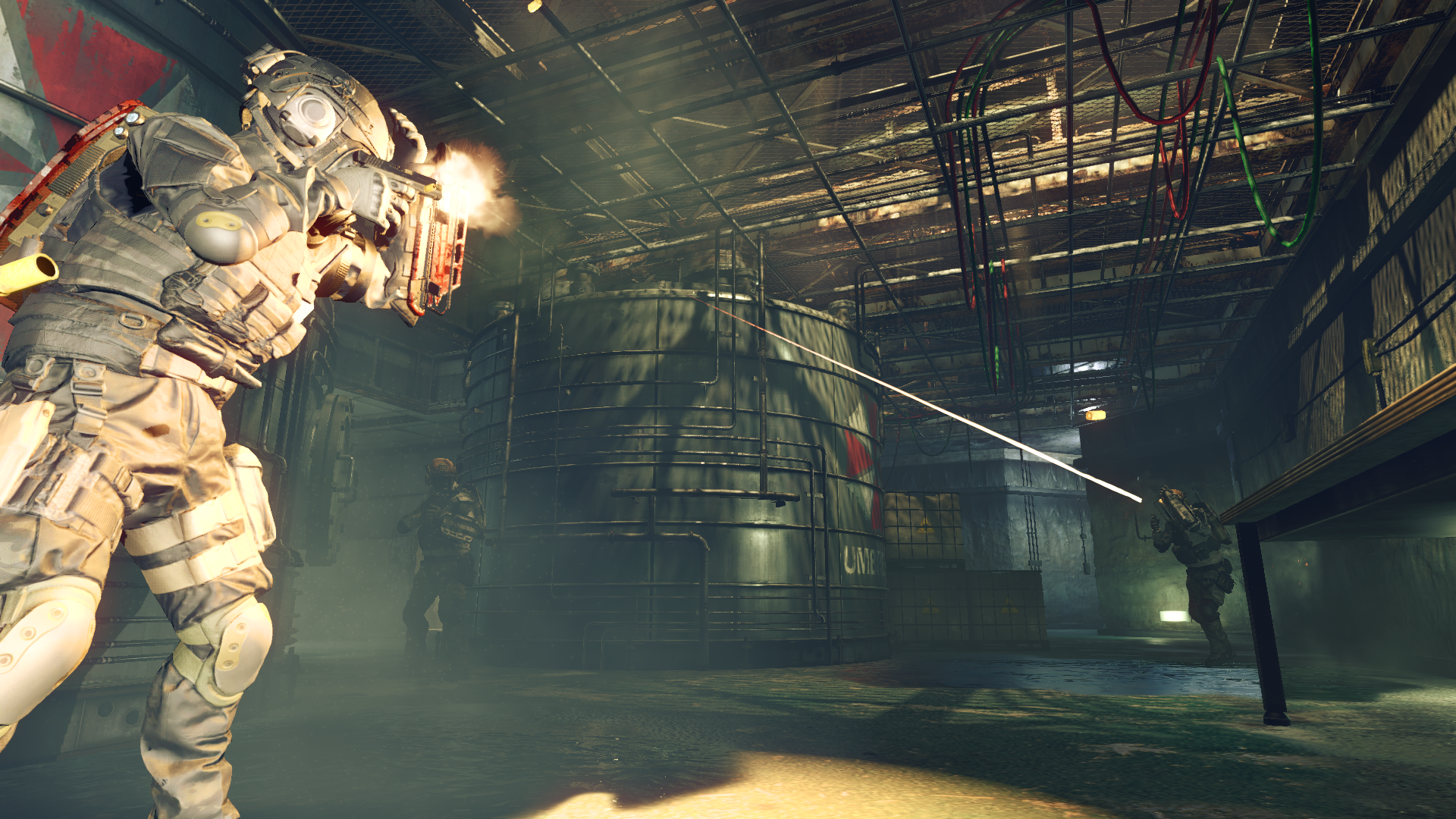
2016 was a challenging year for Capcom. *Umbrella Corps*, an online co-op shooter, was met with harsh criticism from both reviewers and fans. Similarly, *Street Fighter 5* disappointed many with its lackluster content and poor online functionality. *Dead Rising 4*, despite bringing back fan-favorite Frank West, would be the last new entry in the series.
This period marked a low point for Capcom, which had been struggling since 2010. The mainline *Resident Evil* games saw declining critical reception, *Street Fighter* was faltering, and other staples like *Devil May Cry* were absent. Even *Monster Hunter*, Capcom's most successful franchise at the time, was primarily popular in Japan and faced challenges breaking into international markets.
"Many of us started feeling that what the fans and players wanted from the series was getting a little bit separate from what we were making," a sentiment that highlighted the disconnect between Capcom and its audience. This was a stark contrast to the Capcom we see today, which has consistently delivered hit games from its most famous franchises since 2017, including *Monster Hunter World*, *Devil May Cry 5*, *Street Fighter 6*, and a series of acclaimed remakes and soft reboots of *Resident Evil*.
Achieving this turnaround required more than just learning from past mistakes. Capcom had to rethink its entire strategy, from targeting different players to adopting new technology. IGN spoke with four of Capcom's leading creatives to understand how the company overcame its struggles and emerged stronger than ever.
Founded in 1979 as a maker of electronic game machines, Capcom rose to prominence in the 80s and 90s with 2D games like *Street Fighter* and *Mega Man*, before successfully transitioning to 3D with *Resident Evil*. Between 2000 and 2010, Capcom successfully modernized its golden-era franchises, culminating in the creation of one of the greatest games of all time: *Resident Evil 4*.
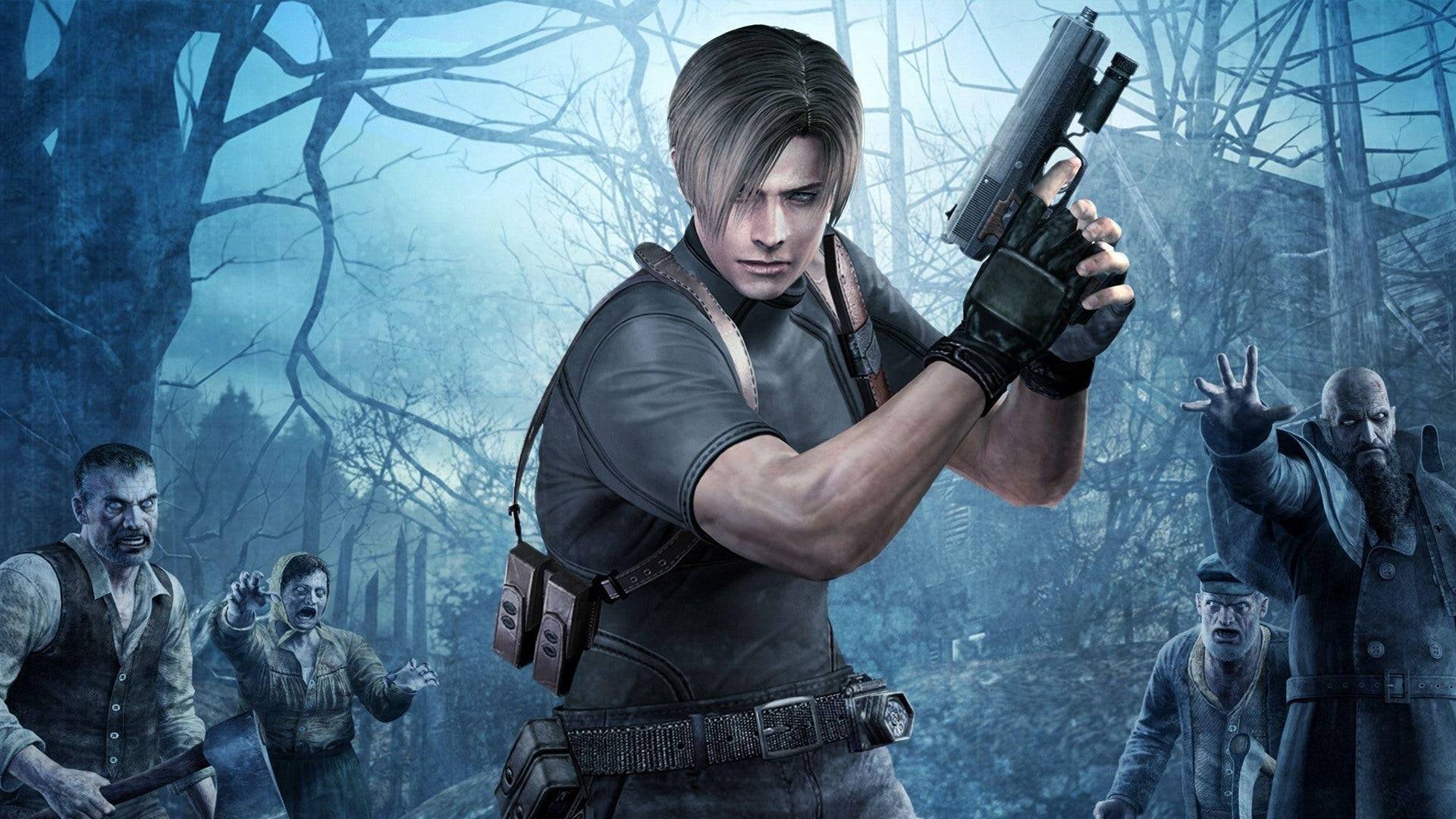
Released in 2005, *Resident Evil 4* is often hailed as a generational high point, masterfully blending horror and action. However, this balance was lost in subsequent entries. *Resident Evil 5* featured action-heavy sequences like Chris Redfield punching a boulder and a car-chase reminiscent of *Fast and Furious*, which strayed from the series' survival horror roots. This shift was evident to both players and developers, including *Resident Evil 4* remake director Yasuhiro Ampo, who has been involved with the series since 1996.
"Overall throughout the Resident Evil series, we set up different goals, challenges, and things we want to try with each game… But this time, many of us started feeling that what the fans and players wanted from the series was getting a little bit separate from what we were making," Ampo noted, reflecting the series' directional confusion.
This confusion led to *Resident Evil 6*, which attempted to cater to both action and horror fans by splitting the game into six playable characters and three storylines. The result was a lack of cohesive balance, leaving fans dissatisfied. Capcom continued experimenting with spinoffs, but the series struggled to regain its footing.
This downward trend affected other Capcom franchises as well. After the success of *Street Fighter 4*, the sequel *Street Fighter 5* was criticized for its lack of content and poor online functionality. Similarly, *Devil May Cry* saw diminishing returns, leading Capcom to outsource *DmC: Devil May Cry* to Ninja Theory, which received mixed reactions. Other titles like *Lost Planet* and *Asura's Wrath* also failed to capture audiences, with *Dragon's Dogma* being a notable exception.
It was clear that Capcom needed a significant change.
Street Fighter 5, The Lost Cause
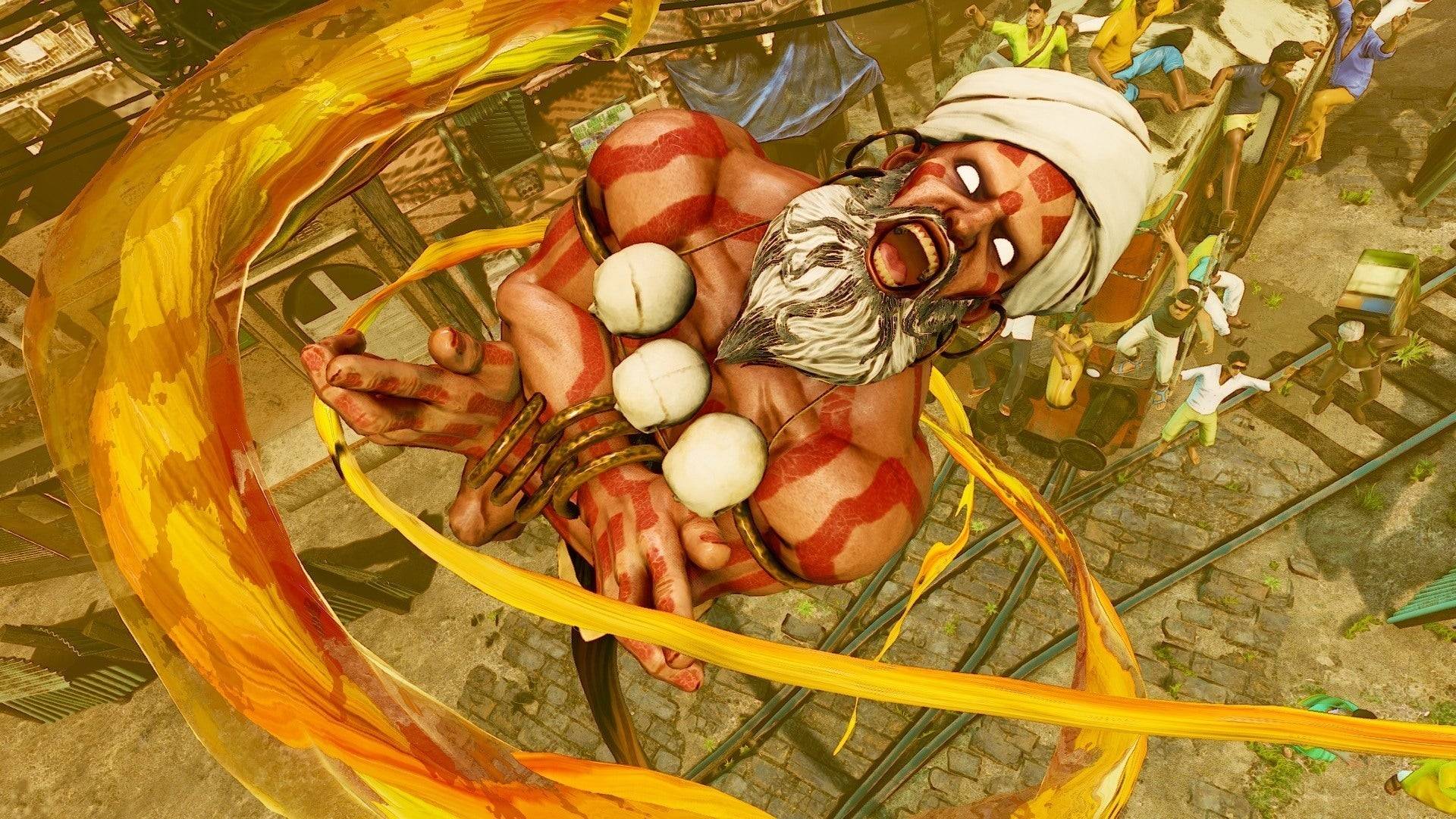
By the mid-2010s, Capcom began implementing strategic changes to turn its fortunes around. The first step was addressing the issues with *Street Fighter 5*. Director Takayuki Nakayama and producer Shuhei Matsumoto were tasked with stabilizing the game.
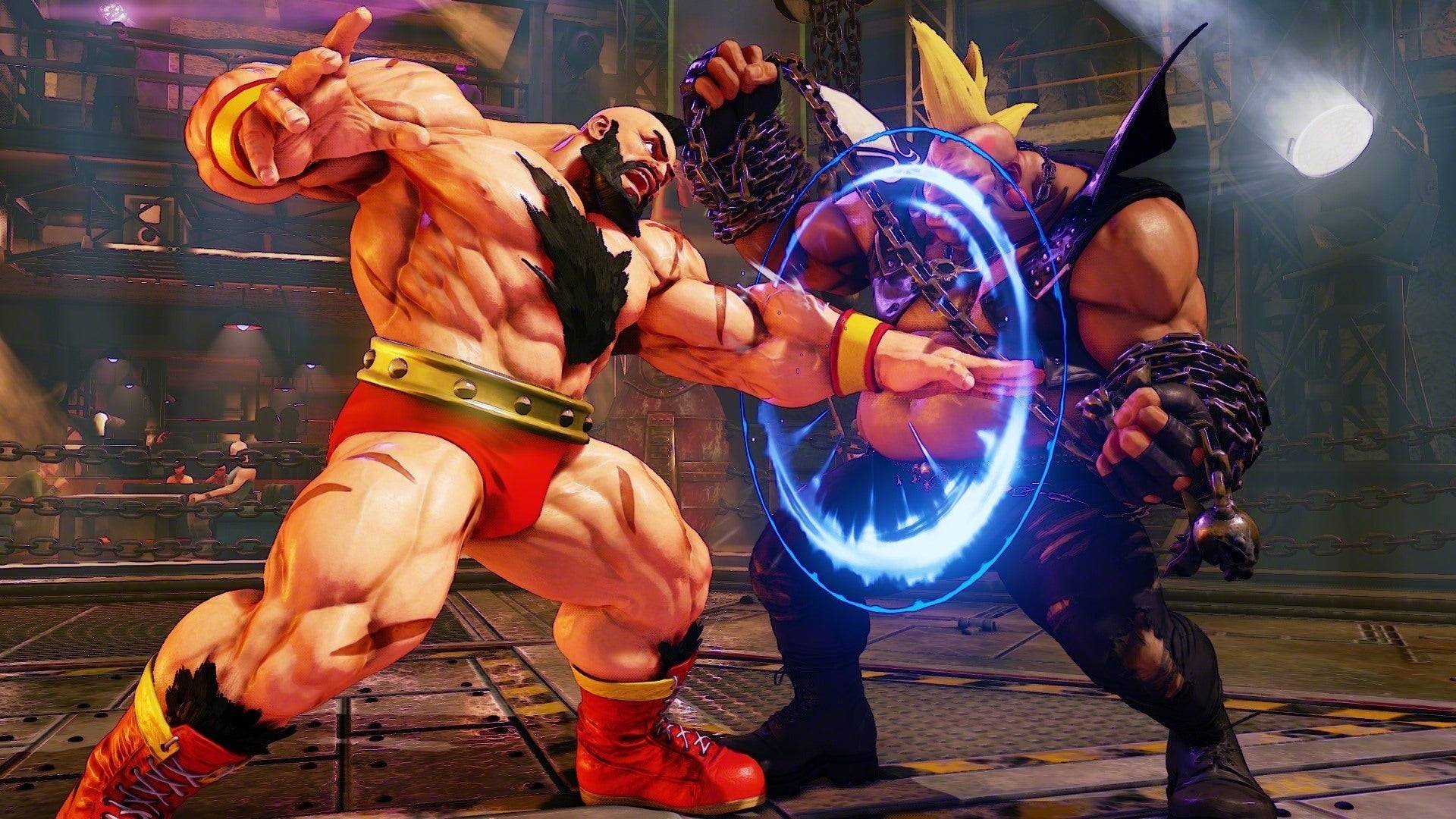
"There definitely were some challenges within the production of the game, and that was part of the reason why I was brought into the team," Nakayama admitted. "And because we were in a point in development where we couldn’t really make any major pivots or shifts, we had to proceed and move forward in the direction we were currently in, which created constraints on what we could and couldn’t do."
These constraints limited the scope of improvements, leading Nakayama to focus on fixing the game's most pressing issues while planning for *Street Fighter 6*. "We just didn’t really have enough time to address some of the problems and challenges we faced in Street Fighter V," Nakayama explained. "And so, with our hands tied behind our backs, we basically had to wait for those ideas to be brought back for the initial conceptual phases for Street Fighter 6, so we could tackle and do things properly for the next title."
Despite the challenges, abandoning *Street Fighter 5* was not an option. Matsumoto noted, "There wasn’t any sort of sense of like, ‘Okay let’s just end Street Fighter 5 and focus on Street Fighter 6.’ It was more like, while we were working on Street Fighter V, we were trying to figure out what we really wanted to do in Street Fighter 6 content-wise."
The team used *Street Fighter 5* as a testing ground to learn from their mistakes and refine their approach for the sequel. This process involved numerous updates, from improving netcode to introducing new mechanics like V-Shift. The ultimate goal was to rediscover the fun in fighting games, which *Street Fighter 5* had lost.
"We both realized that fighting games are fun, and when you get used to them, it becomes more enjoyable and something you can essentially play forever as long as you have an opponent to play against," Matsumoto said. "However, one of the challenges that we faced with Street Fighter V is that we felt that there wasn’t a clear pathway that helped guide players to get to that level where they finally feel like they’re having fun and will want to continue playing."
Rather than simply making the game easier, *Street Fighter 6* aimed to provide new tools for beginners while retaining the elements that seasoned players loved. By using *Street Fighter 5* as a testing ground, Capcom was able to launch *Street Fighter 6* in 2023 as one of the most critically acclaimed games in the franchise.
However, Capcom knew it needed to avoid repeating these issues. A significant strategic shift was necessary to prevent future overhauls, leading to crucial behind-the-scenes changes.
Monster Hunter Took Over The World
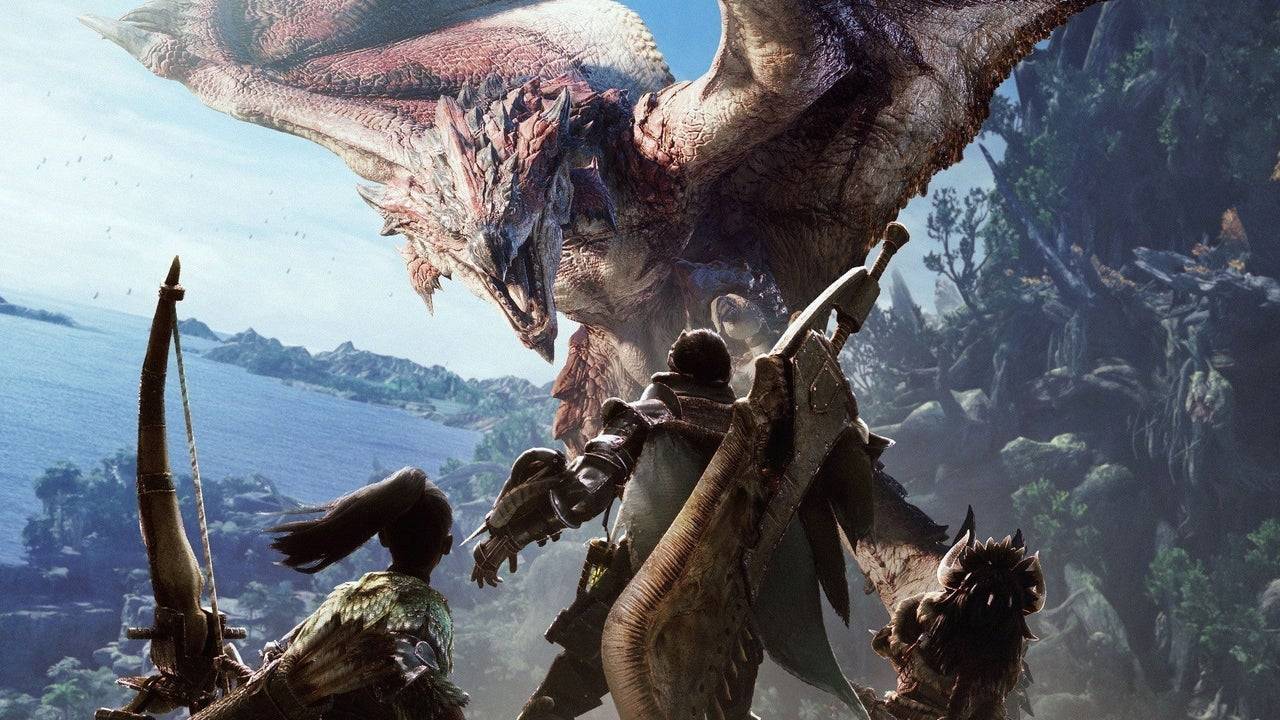
Around the time of *Street Fighter 5*'s launch in 2016, Capcom underwent an internal reorganization to prepare for a new generation of games powered by the RE Engine, a replacement for the aging MT Framework. This change was not just about tools but also about a new mandate to create games for a global audience.
"It was a few factors that came together," said Hideaki Itsuno, a former game director at Capcom known for *Devil May Cry*. "The change of the engine and also all teams were given a very clear goal at that point to make games that reach the global market. [Games] that are fun for everyone."
During the PS3 and Xbox 360 era, Capcom attempted to appeal to the Western market with action-heavy games like *Resident Evil 4* and spinoffs like *Umbrella Corps* and *Lost Planet*. However, these efforts were largely unsuccessful. Capcom realized it needed to create games that appealed to a broader audience.
"I think that we had that clear goal of just focusing and not holding anything back," Itsuno said. "Towards making good games that would reach people from all over the world."
The transition leading up to 2017 was pivotal. "The changes in organization and the changes in the engine, all these elements came together around that time," Itsuno noted. The launch of *Resident Evil 7* in 2017 marked the beginning of Capcom's renaissance.
No other series exemplified Capcom's new global focus better than *Monster Hunter*. While the series had a dedicated fanbase in the West, it was much more popular in Japan. The series' success in Japan was largely due to the popularity of handheld consoles like the PSP, which facilitated easy multiplayer gaming.
"20 years ago in Japan, having a network connection wasn't as easy, and there weren’t a huge amount of people playing Monster Hunter online. However, handheld consoles made multiplayer gameplay easy without internet access, and I regard it as a great success that we had players experience the game in this way, which was one of the ways we really wished for them to play and enjoy it, even in that era when online gameplay wasn't easy," explained Ryozo Tsujimoto, the series' executive producer.
As the Western world's internet infrastructure improved, Tsujimoto and his team saw an opportunity to launch a more globally accessible *Monster Hunter* game. In 2018, *Monster Hunter: World* was released on PlayStation 4, Xbox One, and PC, featuring large-scale, AAA console quality action with enhanced graphics and larger areas.
"Our approach to the globalization of the series and Monster Hunter in general really ties into not only the themes that we had going into designing the game, but also in the name of the game," Tsujimoto revealed. "The fact that we called it Monster Hunter: World is really kind of a nod to the fact that we wanted to appeal to this worldwide audience that we wanted to really dig into and experience Monster Hunter for the first time."
To ensure *Monster Hunter: World* appealed globally, the game was released simultaneously worldwide without any Japan-exclusive content. "For World, we conducted focus tests across the world, and some of the feedback and opinions that we got during that process really affected how we designed our game systems and impacted how much success we had globally," Tsujimoto said.
One significant change was the inclusion of visible damage numbers when players hit monsters, which helped broaden the game's appeal. *Monster Hunter: World* and its 2022 follow-up, *Monster Hunter Rise*, both sold over 20 million copies, a monumental success compared to previous entries.
"At its heart, Monster Hunter really is an action game, and that sense of accomplishment you get from really mastering that action is an important aspect of Monster Hunter," Tsujimoto explained. "But for newer players, it's really about getting to that point. The steps involved in getting to that sense of accomplishment is what we're trying to strategize for, in terms of designing for new players. So with World and Rise, for example, we were taking great care to analyze where players got stuck, what was hard to understand, what they were having trouble with, getting player feedback, and also doing our own kind of research into that. And all of that kind of knowledge has impacted how we've implemented new systems into Wilds."
Resident Evil 7 Began Turning Things Around
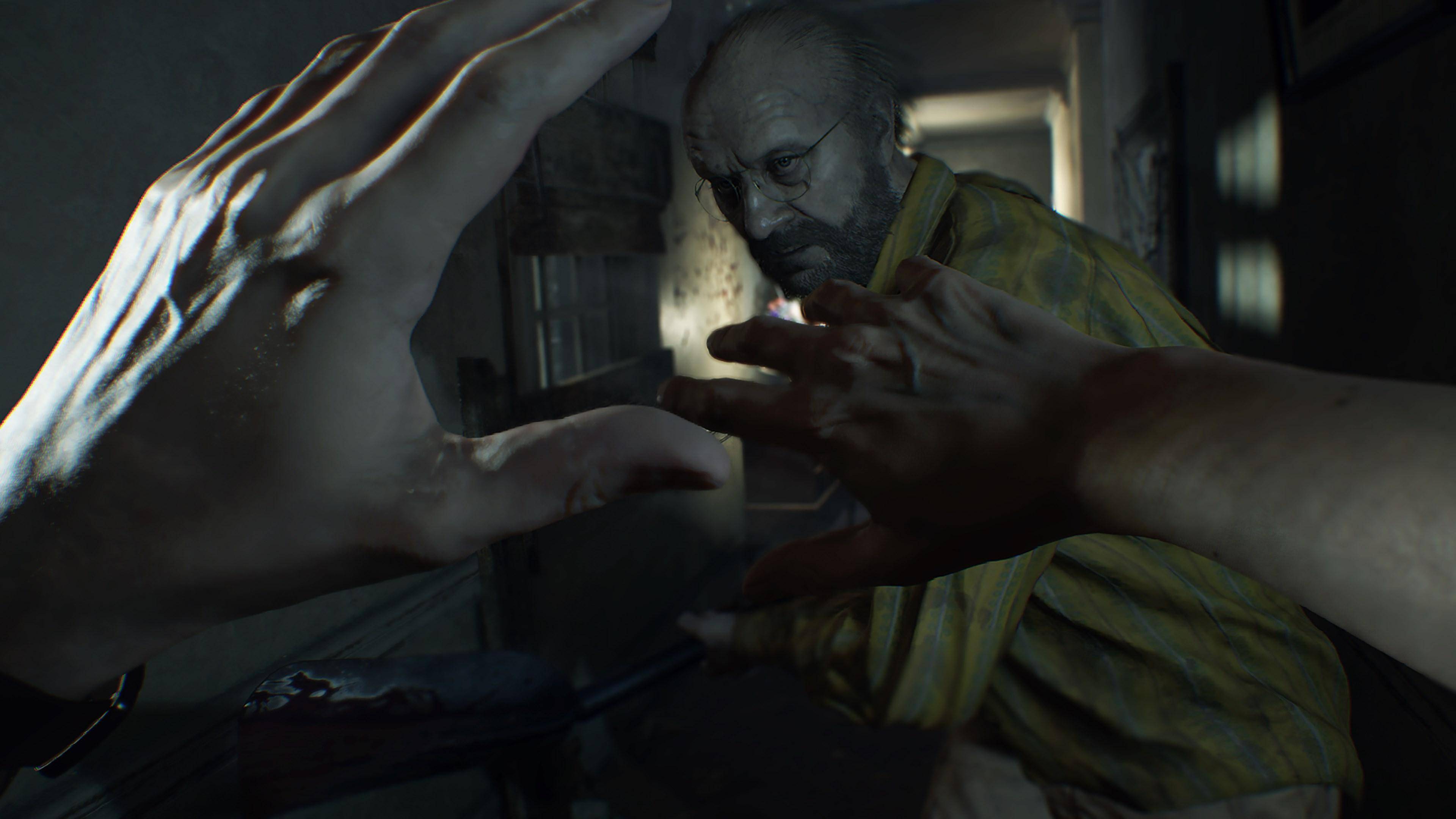
While *Monster Hunter* had a winning formula, *Resident Evil* faced the challenge of balancing gory action with survival horror. Executive producer Jun Takeuchi made the pivotal decision to return the series to its survival horror roots.
"It was around the time I was working on Resident Evil Revelations 1 and 2. I was trying to test different things, try different approaches," recalled Yasuhiro Ampo, director of *Resident Evil 2* and *4* remakes. "And around this time is when the R&D teams were divided into R&D division one and two. The executive producer of the Resident Evil series, Jun Takeuchi, took command of R&D division one, and he set the core direction that the Resident Evil series needed to go back to its origins, to its roots."
*Resident Evil 7* was announced at PlayStation’s E3 2016 conference with a first-person perspective trailer, sparking excitement among fans. "With Resident Evil 7, the executive producer, Jun Takeuchi, made it clear that we cannot underestimate how critical it is for the series for it to be scary and about survival. So he made it clear that Resident Evil 7 would go back to its origins, it would be very cautious with its survival elements. And with that as a basis, then we would try new and different things," Ampo said.
The game was a success, returning the series to its survival horror roots with a claustrophobic southern gothic setting. However, Capcom did not abandon the third-person perspective entirely. The company planned to release third-person remakes, starting with *Resident Evil 2*, which became one of the best-selling games in the franchise.
"It was like, ‘all right people really want this to happen.’ So producer [Yoshiaki] Hirabayashi came up with the slogan: ‘Well, we’ll do it,’" Ampo revealed. The *Resident Evil 2* remake combined horror with the action and puzzles fans loved, introducing the menacing Mr. X to continuously stalk players throughout the Raccoon City police station.
Following the success of *Resident Evil 2*, Capcom remade *Resident Evil 3*. However, there was hesitation about remaking *Resident Evil 4*, a game still considered modern despite its age. "As you mentioned, [Resident Evil 4] was still a title that enjoyed some popularity. So there was a lot of internal discussion on how maybe it’s not a good idea. Maybe we don’t need a remake for Resident Evil 4, especially because Resident Evil 4 is a game that is so beloved. If we get anything wrong with the remake, people might be quite vocal about their discomfort," Ampo said.
Despite the hesitation, the *Resident Evil 4* remake was a hit, fine-tuning the action-horror balance to maintain the series' survival horror roots while keeping the thrilling action moments.

As *Resident Evil* rediscovered its horror roots, *Devil May Cry* director Hideaki Itsuno had a similar epiphany after working on *Dragon's Dogma*. He aimed to challenge the softening of the action genre with *Devil May Cry 5*, leveraging Capcom's new RE Engine to create a visually stunning and stylish game.
The Reason Behind The Change
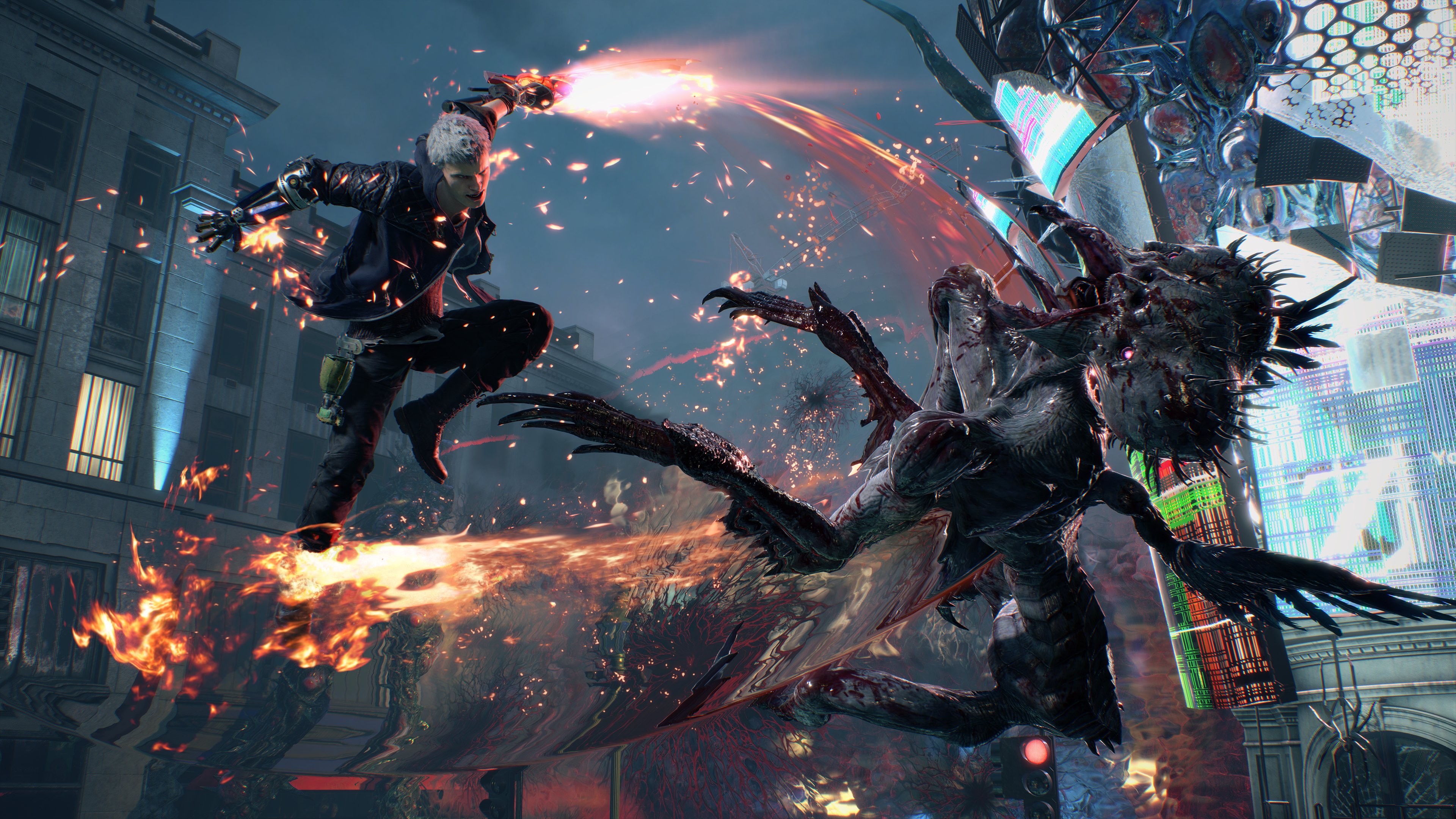
"I felt like the main trend with action games was to make action games that were very kind," Itsuno admitted. "Maybe, for me, a little bit too kind to the players, lending a hand to the player too much to my liking."
After directing *Devil May Cry* since the second game, Itsuno returned to the series after a decade with a new vision and technology. "Technology-wise, there were not just little improvements that you would have when you work on a series consecutively," Itsuno said. "When there’s a wide timeframe, [the technology] changes significantly."
The RE Engine, which powers most of Capcom's games today, offered significant improvements in handling photorealistic assets and was more nimble than its predecessor, the MT Framework. "So the original concept for the RE Engine was to allow for a development environment that was less stressful and could help us to make things quicker. Because it’s an internally developed engine, when we needed any additional tools, well, we could ask for them internally. They could be fixed somewhat quickly, internally, and also iterated on," Ampo explained.
This flexibility allowed Capcom's developers to experiment and refine their games efficiently. Itsuno's goal was to create the "coolest" action game, and the RE Engine's capabilities enabled him to achieve this with *Devil May Cry 5*. "Devil May Cry is a franchise that stands on being cool," Itsuno said. "That’s what the franchise is, it’s about being cool. Ever since I took over the series from Devil May Cry 3, I put everything that I, as a person, I considered throughout my life to be cool. Anything I’ve seen on TV, in movies, and comics I’ve read, any sport experiences I’ve had, I try to distill everything that I think is cool into what the game is."
A New Capcom Golden Age
Since 2017, Capcom has released a game of the year contender nearly annually, a remarkable feat in an industry where consistency is elusive. This success is attributed to Capcom's focus on creating globally appealing games using the advanced RE Engine, which supports a variety of genres seamlessly.
Capcom's mission to create mainstream, global games has not diluted their unique identities. Instead, it has expanded their audience while maintaining the essence of series like *Resident Evil*, *Street Fighter*, and *Monster Hunter*. Many of Capcom's peers are now facing the same challenges Capcom overcame a decade ago, but Capcom's strategic changes have led to a new golden age.
When asked about this golden age, Capcom's directors were optimistic. Street Fighter's Nakayama said, "It’s a very exciting time to be at Capcom right now. A lot of us are able to get excited about what we’re working on and are able to focus on things that we think are fun. So, yes, I guess a golden age may be one interpretation of that."
Monster Hunter's Tsujimoto added, "Capcom is going through a golden era, and, well, now we have to do everything we can so that this lasts one more year, one more year, and every year, one more year. Hopefully we can extend it as long as we can."

